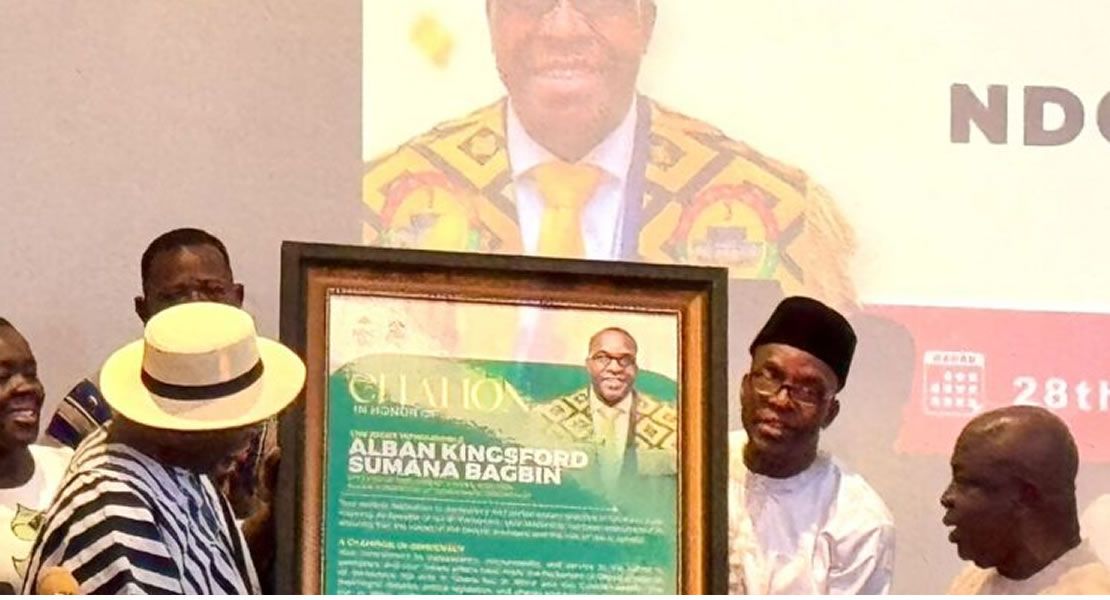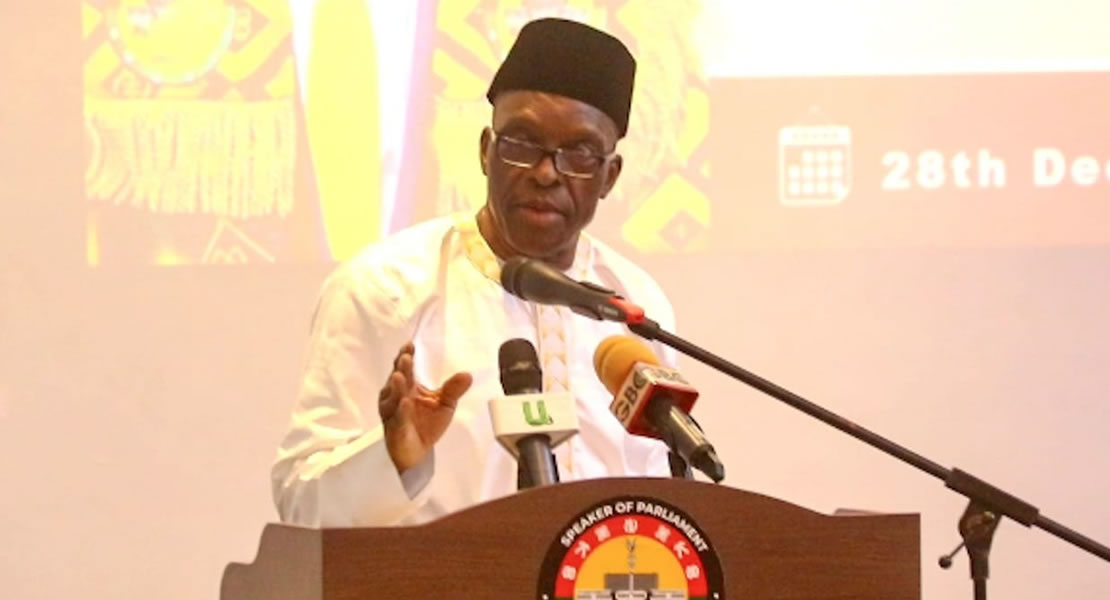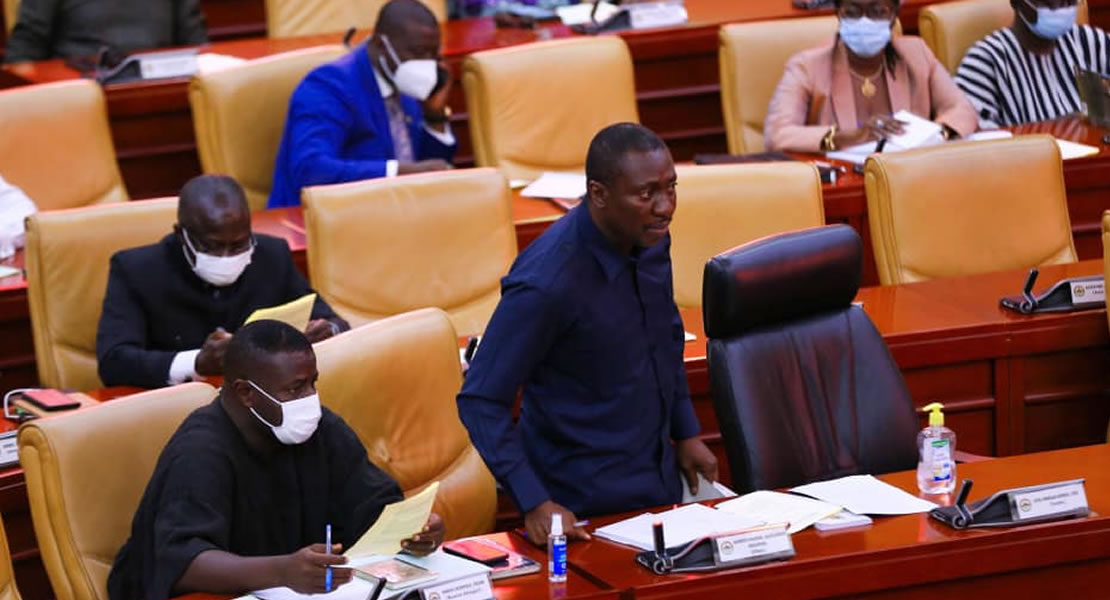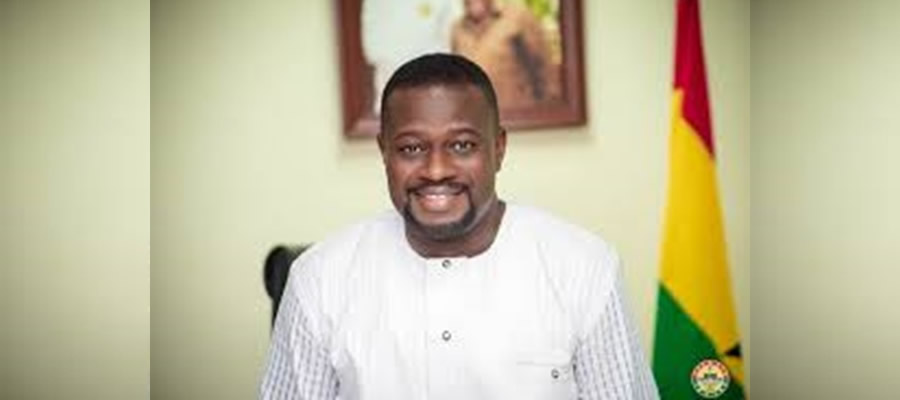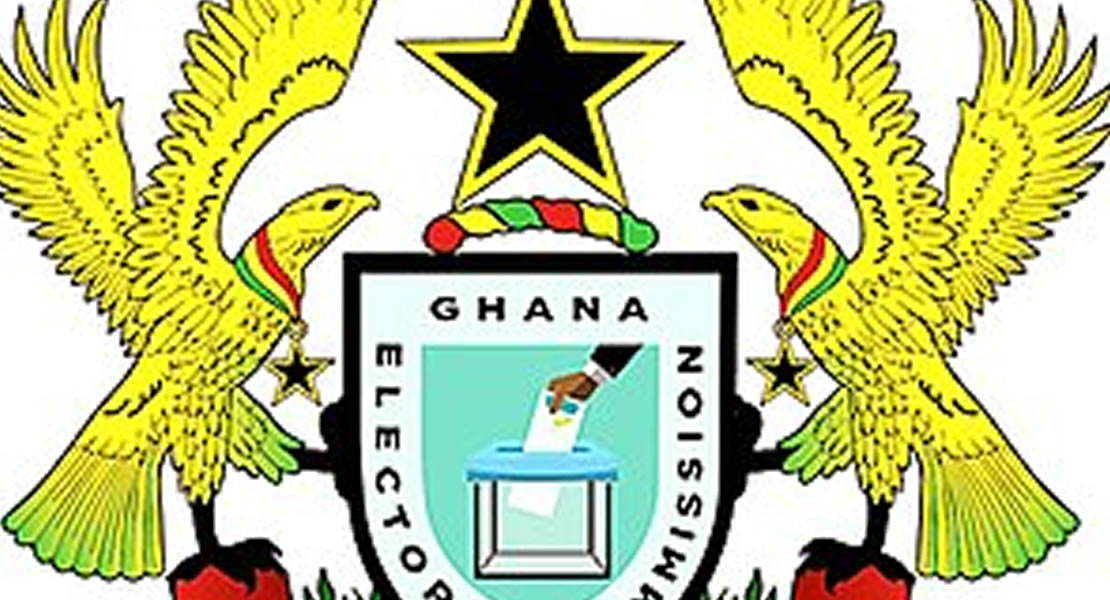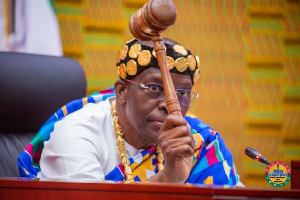The Rt. Hon. Speaker of Ghana’s Parliament has dismissed the assertion that the ruling New Patriotic Party (NPP) is made up of elite than any other party in Ghana under the fourth Republic.
According to him the Convention People’s Party (CPP) is made up of more elite than any other party but it’s all because the NPP has loud mouths and they are very good at branding.
Hence they branded former President John Agyekum Kufour as a gentle giant to win election and did same for someone else (Akufo-Addo) and he became president for eight years, “and the results are there for all of us to see”.
He made this remarks when the opposition NDC members of the Professional Forum conferred on him a citation in Parliament House and endorsed him to be re-elected as Speaker for the 9th Parliament.
He further thanked God for a peaceful December 7, 2024 Presidential and Parliamentary elections that witnessed former President John Dramani Mahama elected as President again.
By way of some historic insight into the name of the NDC, he said, “It took a lot of pains and time to take the name National Democratic Congress, so we are a congress; we did not take the name party, it’s a good reason why we took the name congress.
“We represent everybody unlike the others. The award is not recognition of my personal service but rather the collective effort, commitment of each member of the great congress.
Our opponents who claim to be new, none of them is new anyway, to be patriotic, none of them is patriotic; they say they belong to a party you can see whether it is really a party, he criticized.
Kwaku Sakyi-Danso/Ghanamps.com



